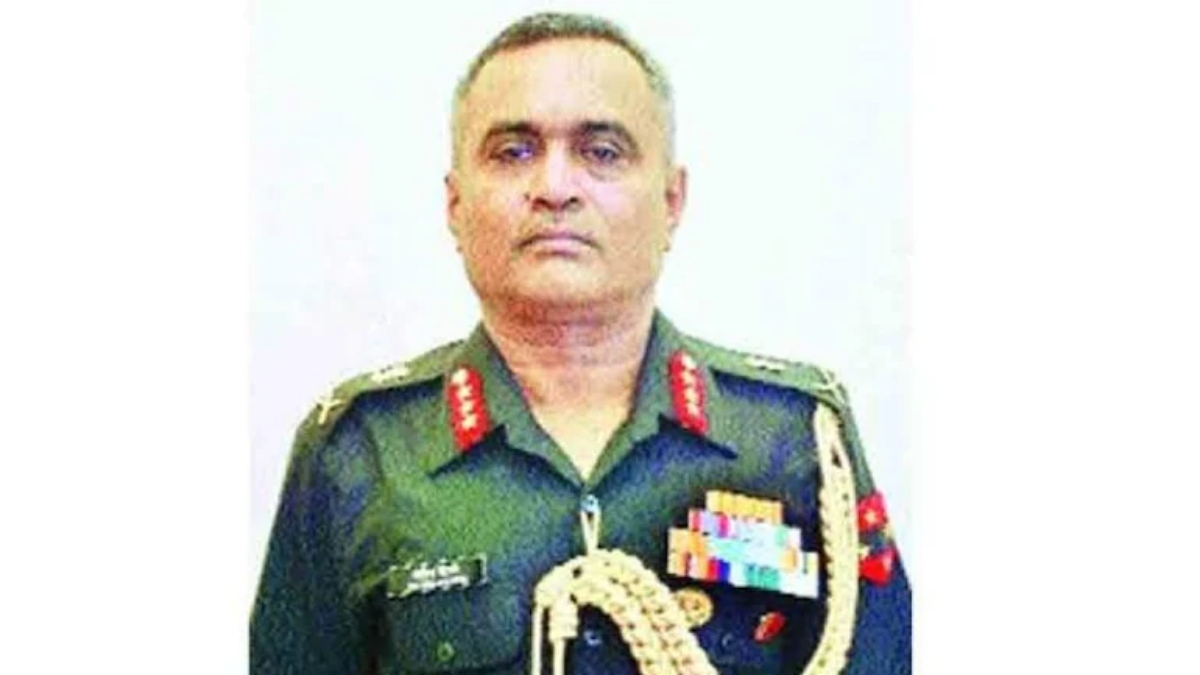


Future wars will be conducted in a grey zone warfare set-up where diplomatic, informational, cyber, historical half-truths, proxy forces, terrorists, economic leverages and other tools and techniques will be employed to avoid the impression of a military aggression, said Lieutenant General Manoj Pande, who recently took over as the new Vice Chief of Army Staff (VCOAS).
Pande was speaking at an international webinar on “Contours of future wars and counter measures” which was organised by the Centre for Land Warfare Studies (CLAWS), an independent think-tank of the Indian Army on strategic studies and land warfare.
According to Pande, as nations are unable to decouple their inextricable multi-domain dependencies, the world is increasingly witnessing Grey Zone Warfare, which is “low cost, involves lesser risks and results in very little retribution”.
“Grey Zone campaigns are typically built around non-military tools, as part of the tactics of remaining below key thresholds of response. The linkages between nation states in a technology-driven flat world will ensure that the strategic contest is limited, at least initially, to non-contact and non-kinetic measures. What was earlier ‘Cold War’, can at best be now defined as ‘Cold Peace’,” Pande said.
The VCOAS, who took over the position on Tuesday, in his address stated that future warfare would essentially be fought across multiple domains by a joint force.
“This force will operate in land, sea, air, cyber and space domains and must be fully integrated and enabled for dynamic responses. Modern warfare will see use of covert swarms of miniature spy drones, unmanned ground vehicles, missiles with adaptive guidance, sentry robots and offensive robotic systems.”
“At the centre of it would be Artificial Intelligence (AI), or computer algorithms, that can perform many functions, such as vision, decision-making and ability to process vast quantities of information capabilities that are normally associated with humans. Will such decision making be successful? Or, will it only be an aid to be used at the discretion of decision makers, remains to be seen,” he added.
Pande stated that technology would guide the destiny of nations in international power relations and it will control the levers of economic and military powers.
“The strategic conclusion is that technology has fundamentally transformed the character and nature of war. The future battlefield milieu, though being technology-centric, will also need a new kind of leader. Nature of future war will be a complex interaction of political objectives, human emotions, cultural and ethnic factors, and above all military skills, in an ever-blurring line between war and peace,” said Pande.
According to him, the key to prepare a nation to deal with uncertain security challenges will lie in empowering the strategic and operational military leadership, so that the armed forces are able to adapt to changes, quickly enough, to win future conflicts.
“The new generation of warfare can be won by leaders who are creative, adaptive to technology and have developed decision making skills with profound professional knowledge. The incorporation of Artificial Intelligence into the military and national security realms, will fundamentally change the way wars are fought and won. Whichever nation triumphs in the AI race, will hold a critical and perhaps, insurmountable military and economic advantage,” he said.
General Pande is an alumnus of the National Defence Academy and was commissioned into the Corps of Engineers (The Bombay Sappers) in December 1982. He is a graduate of Staff College, Camberley (United Kingdom) and attended the Higher Command Course at Army War College, Mhow at Indore in Madhya Pradesh and National Defence College (NDC) in Delhi. During his 37 years of distinguished service, Pande took an active part in Operation Vijay and Operation Parakram.